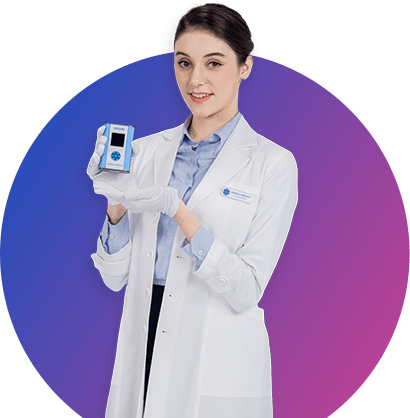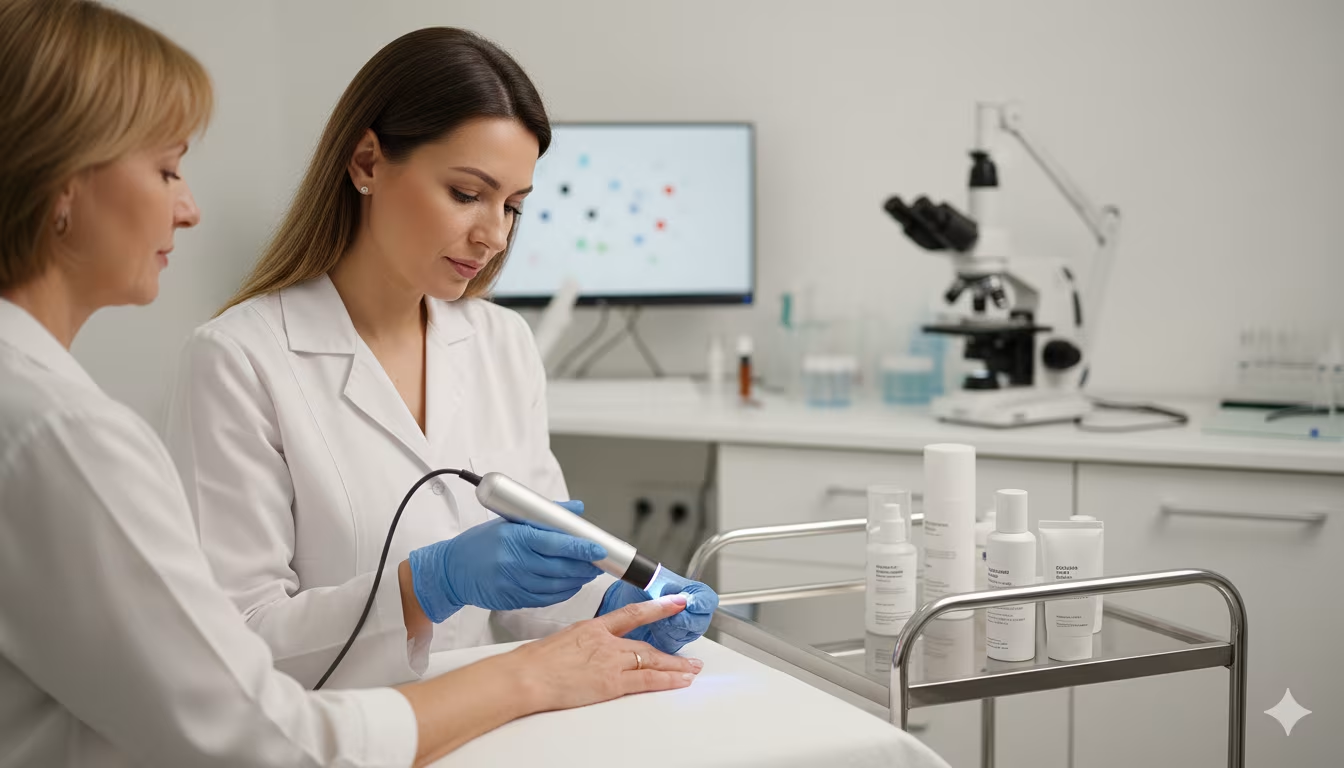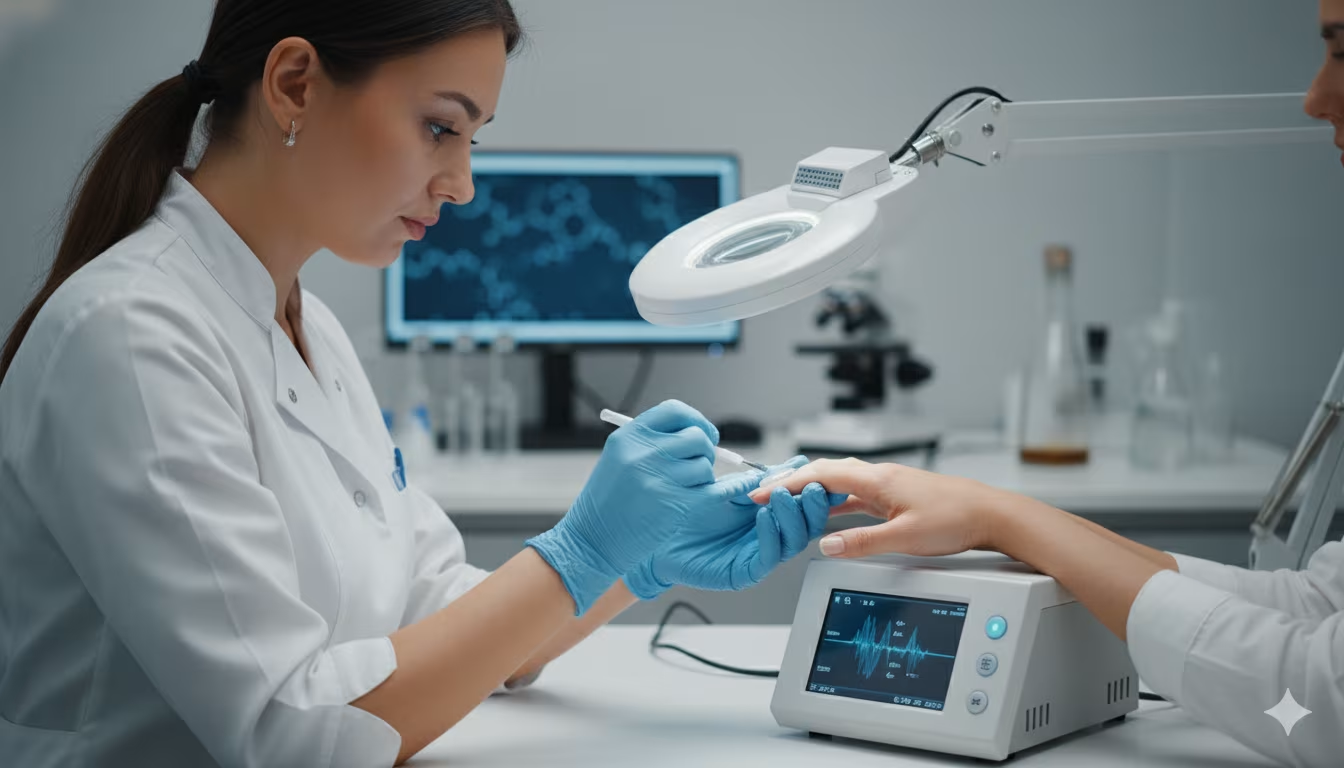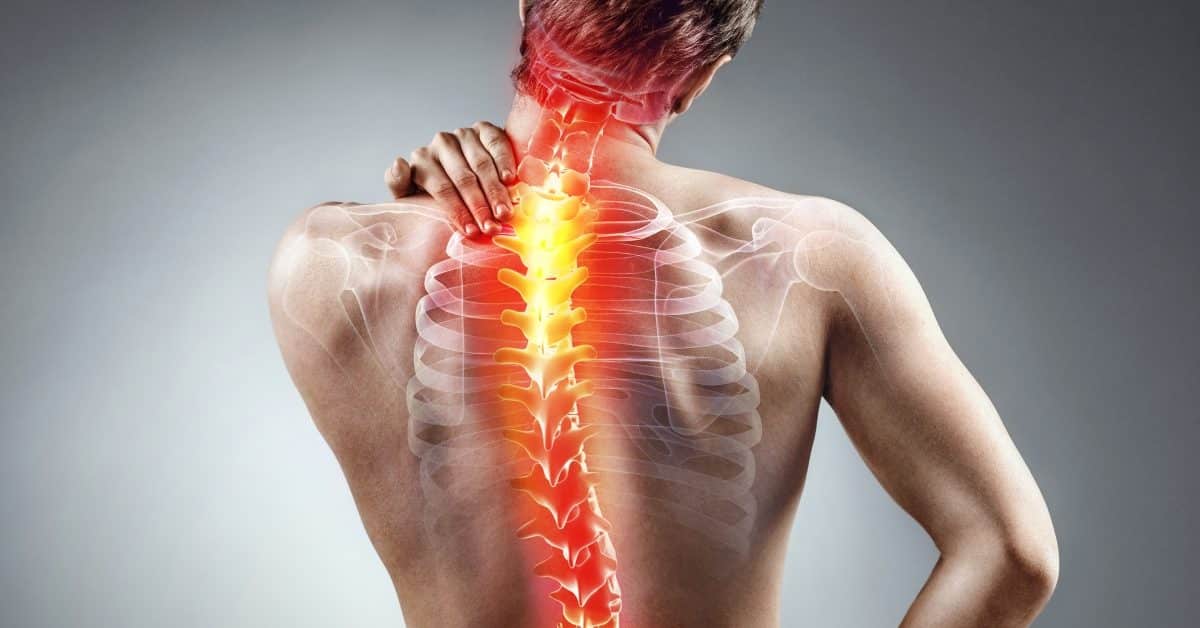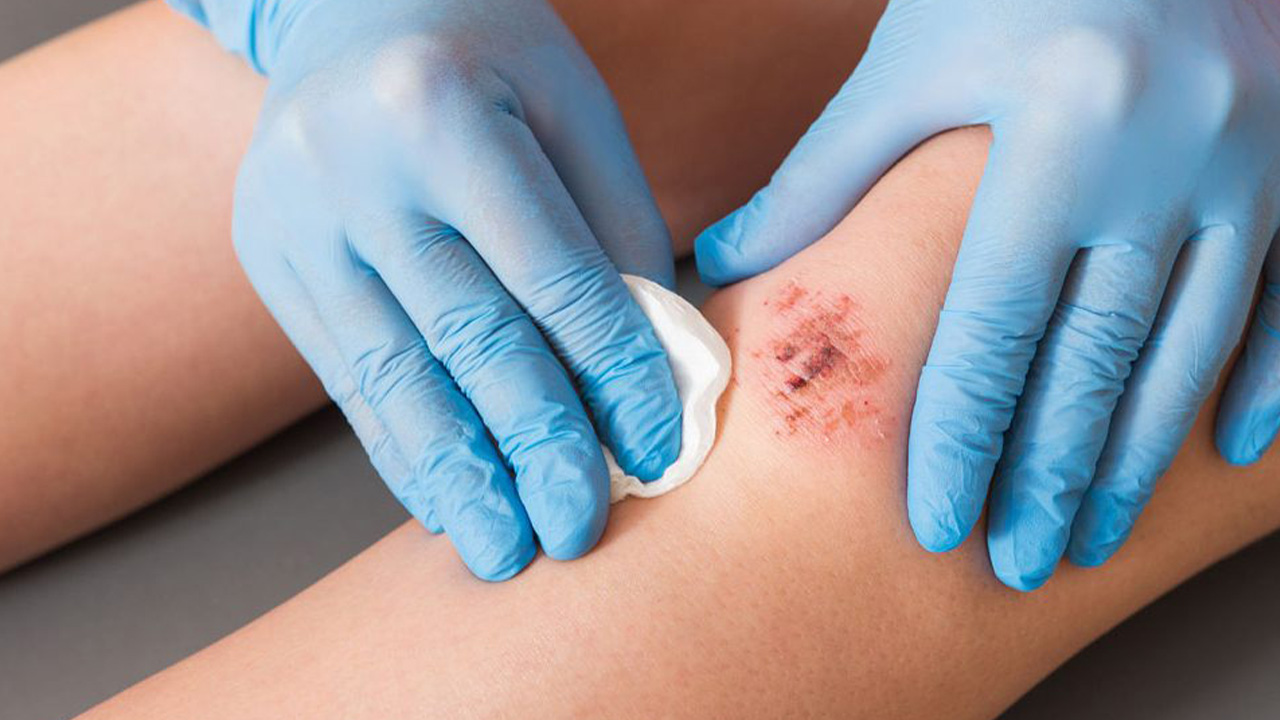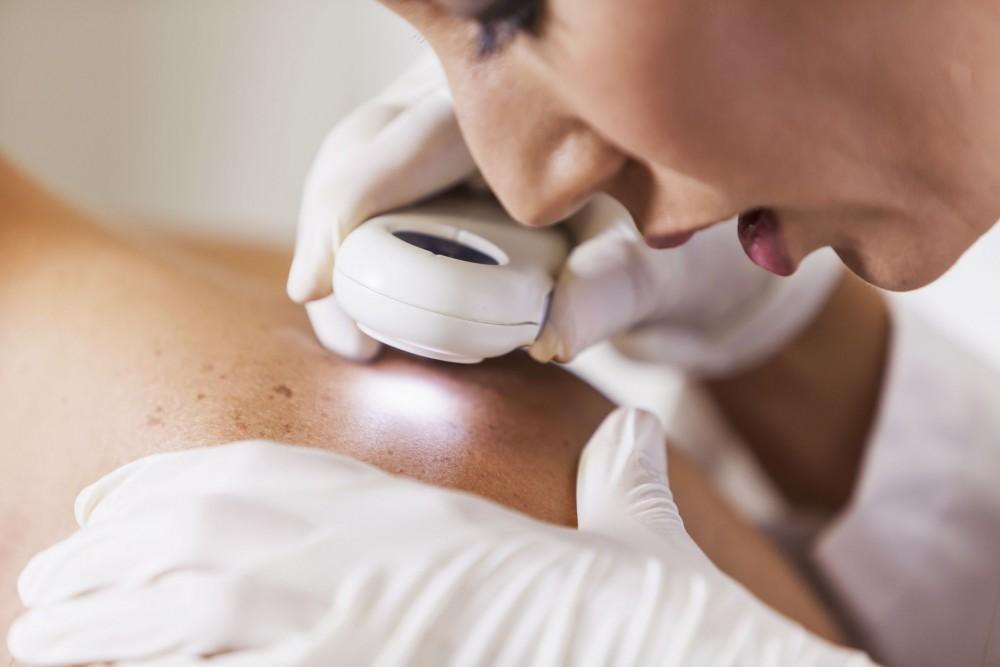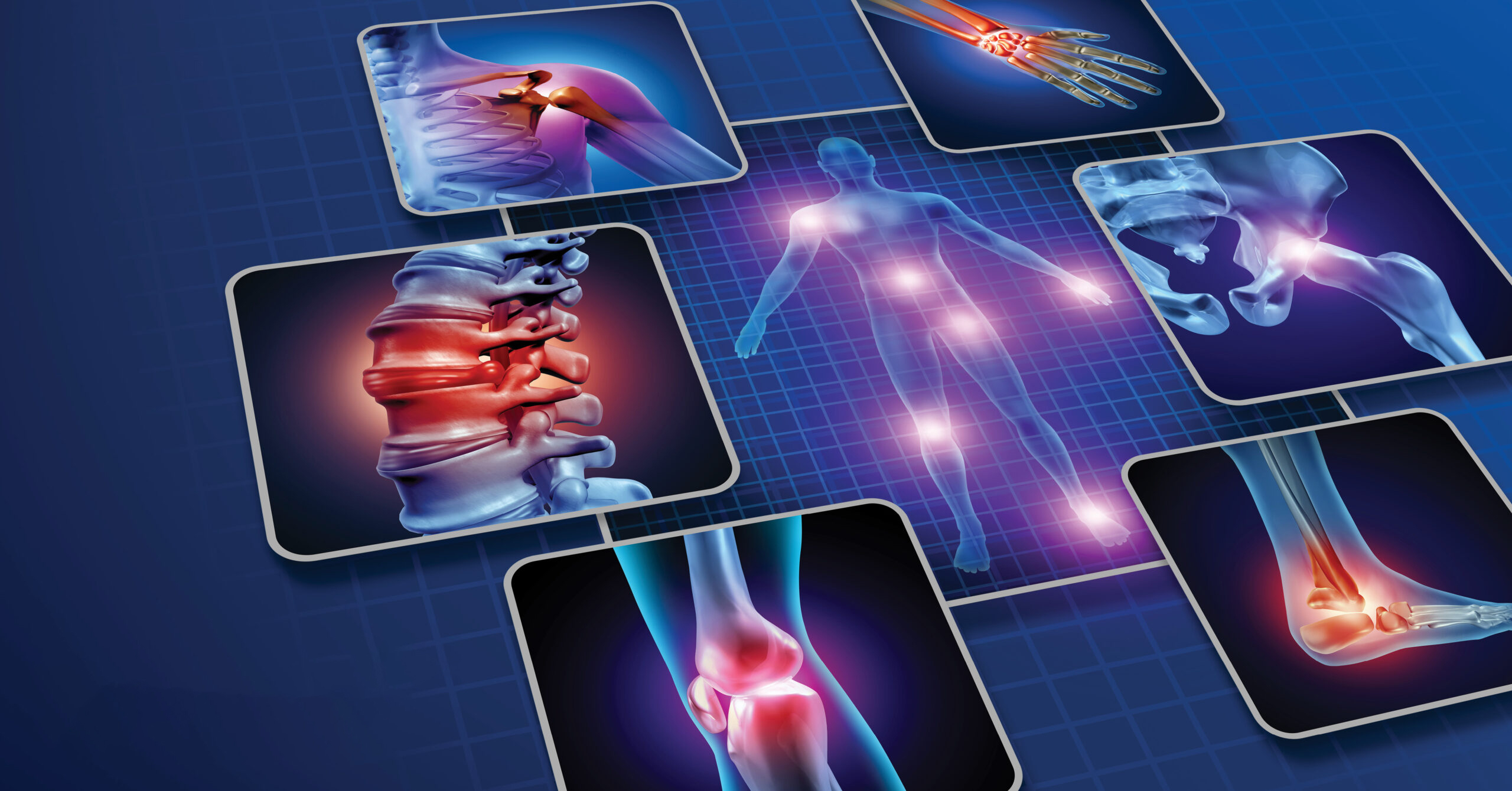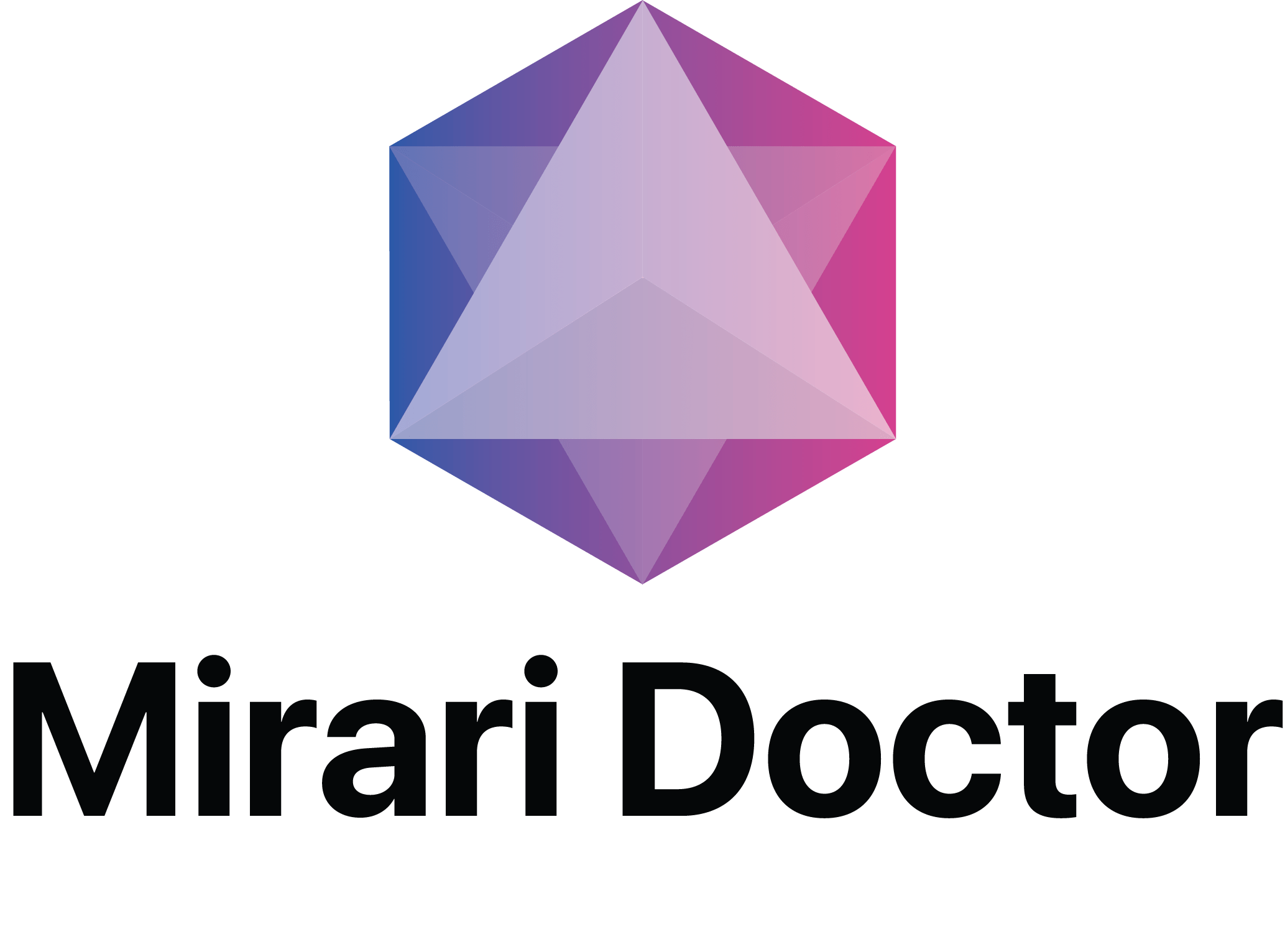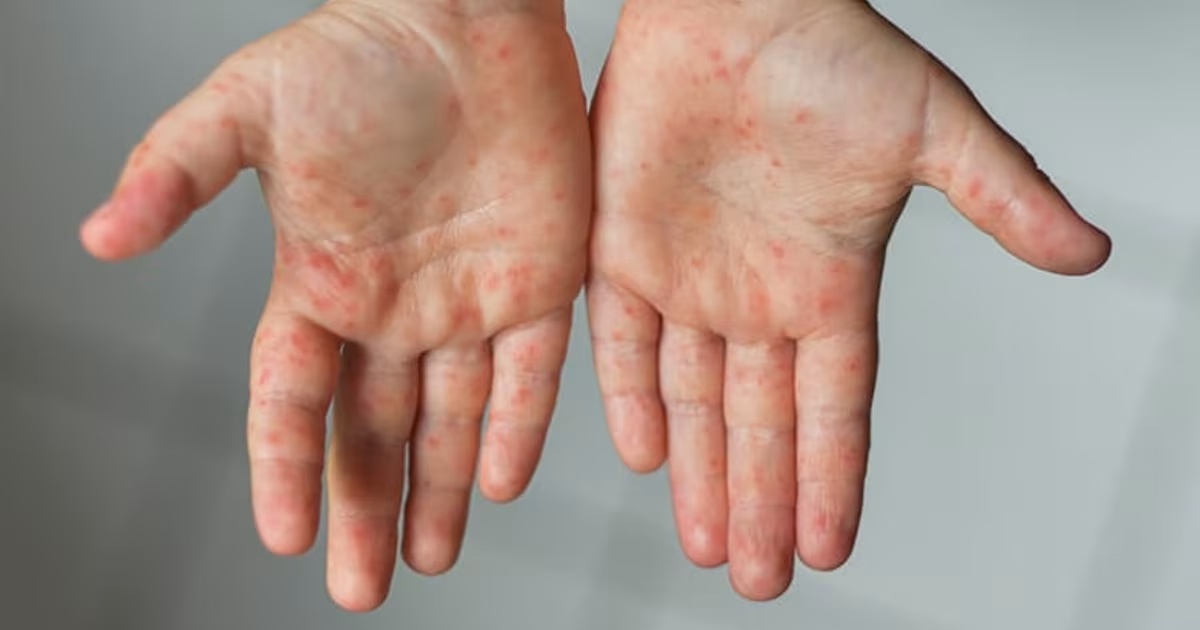
Hand, foot, and mouth disease treatment focuses on symptom relief and supportive care since this viral infection typically resolves within 7-10 days[1]. Most children recover completely with proper home management, though severe cases require immediate medical intervention. Understanding the complete treatment spectrum helps parents navigate this challenging but manageable condition effectively.
This highly contagious viral illness primarily affects children under 5 years old, causing painful blisters on hands, feet, and mouth[16]. Early recognition and appropriate treatment prevent complications while ensuring faster recovery and reduced transmission to family members.
What Makes Hand, Foot, and Mouth Disease Treatment Unique?
Hand, foot, and mouth disease treatment differs significantly from other childhood illnesses because no specific antiviral medication exists[1]. Treatment success depends entirely on symptom management, hydration maintenance, and infection prevention.
The disease progresses through distinct phases: initial fever and malaise, mouth sore development, skin blister appearance, and gradual healing[20]. Each phase requires specific treatment approaches to maximize comfort and minimize complications.
Core Treatment Principles
- Pain management remains the primary focus since mouth ulcers cause severe discomfort and feeding difficulties[12]. Children often refuse food and drink, leading to rapid dehydration—the most serious immediate risk.
- Hydration support becomes critical when oral intake decreases due to painful swallowing. Cool fluids, ice pops, and electrolyte solutions provide both symptom relief and essential hydration[18].
Evidence-Based Treatment Protocols for Optimal Recovery
| Treatment Category | Medication/Method | Dosage Guidelines | Primary Benefits | Safety Notes |
|---|---|---|---|---|
| Fever Control | Acetaminophen (Tylenol) | 10-15 mg/kg every 4-6 hours | Reduces fever and pain[8] | Safe for all ages |
| Pain Relief | Ibuprofen (Advil) | 10 mg/kg every 6-8 hours | Anti-inflammatory effects[1] | Ensure adequate hydration |
| Mouth Care | Saltwater rinse | ½ tsp in warm water | Cleanses ulcers, reduces pain[14] | 3-4 times daily |
| Topical Relief | Oral anesthetic gels | As directed by age | Local numbing effect[8] | Avoid benzocaine under age 2 |
| Hydration | Oral rehydration salts | According to package | Prevents dehydration[8] | Monitor urine output |
Professional Pain Management Strategies
- Acetaminophen and ibuprofen form the foundation of hand, foot, and mouth treatment[7]. These medications provide dual benefits: fever reduction and significant pain relief for mouth ulcers.
- Never give aspirin to children with viral infections due to Reye’s syndrome risk[1]. This rare but serious condition can cause liver and brain damage, making aspirin completely contraindicated.
- Topical oral anesthetics offer temporary relief but require careful selection[7]. Avoid products containing benzocaine in children under 2 years due to methemoglobinemia risk—a potentially fatal blood condition.
Nutritional Support During Illness
- Soft, cool foods become essential when mouth pain peaks[16]. Yogurt, pudding, ice cream, and smoothies provide nutrition while soothing inflamed tissues. Avoid acidic, salty, or spicy foods that intensify pain.
- Continued breastfeeding for infants provides optimal nutrition and immune support[5]. Breast milk contains natural antibodies and easily digestible nutrients crucial during illness.
Home Remedies for Hand, Foot, and Mouth Disease Itching Relief
| Natural Remedy | Preparation Method | Application | Clinical Benefits | Age Suitability |
|---|---|---|---|---|
| Coconut Water | Serve chilled or frozen | Throughout day | Anti-inflammatory, hydrating[6] | All ages |
| Epsom Salt Bath | ¼ cup in lukewarm water | 10-15 minutes daily | Soothes skin rashes[14] | All ages |
| Herbal Baths | Boiled jasmine leaves | Diluted bathwater | Traditional anti-inflammatory[10] | All ages |
| Oil Pulling | 1 tsp coconut oil | 5-10 minutes | Mouth sore relief[6] | Ages 5+ |
| Green Tea Rinse | Cold-brewed tea | Gentle mouth rinse | Antimicrobial tannins[10] | Ages 3+ |
Traditional Medicine Approaches
- Coconut oil provides multiple benefits for hand, foot, and mouth treatment[14]. Its lauric acid content offers antiviral properties while moisturizing damaged skin. Apply gently to external blisters for soothing relief.
- Herbal baths using jasmine or fish mint leaves represent time-tested remedies[10]. These natural antiseptics reduce bacterial overgrowth while providing cooling relief for irritated skin.
Safe Home Interventions
Saltwater mouth rinses offer immediate pain relief and wound cleansing[12]. The isotonic solution reduces tissue swelling while removing food debris that can worsen infections.
Epsom salt baths provide systemic relief from skin irritation[14]. The magnesium sulfate has anti-inflammatory properties that soothe multiple lesions simultaneously.
Understanding Foot and Mouth Disease vs. Hand, Foot, and Mouth Disease
Critical distinction: Foot-and-mouth disease affects livestock animals and cannot infect humans[4]. Hand, foot, and mouth disease exclusively affects humans with no animal transmission risk.
This common confusion causes unnecessary anxiety among parents worried about farm exposure or pet contact. Animals cannot contract or spread hand, foot, and mouth disease to humans[4].
Clinical Differentiation from Similar Conditions
- Hand, foot, and mouth disease presents distinctive features that separate it from chickenpox or other viral rashes[4]. HFMD blisters typically appear on palms and soles—areas rarely affected by chickenpox.
- Mouth involvement remains more prominent and painful in HFMD compared to most childhood viral illnesses[7]. This characteristic pattern helps confirm diagnosis and guide treatment.
When Professional Medical Intervention Becomes Essential
Emergency Warning Signs Requiring Immediate Care
Seek emergency medical attention if children develop[12]:
- High fever exceeding 101.3°F (38.5°C) unresponsive to medications
- Dehydration signs: reduced urination, dry mouth, lethargy
- Breathing difficulties or swallowing problems
- Neurological symptoms: severe headache, neck stiffness, altered consciousness
- Secondary bacterial infections: pus-filled blisters, spreading redness
Hospital-Grade Treatment Options
- Intravenous fluid therapy becomes necessary for severe dehydration cases[7]. Young children who refuse oral intake due to pain may require immediate hospitalization for fluid replacement.
- Stronger topical anesthetics available through prescription provide enhanced pain relief[1]. These medical-grade formulations offer longer-lasting numbness for severe mouth ulcers.
Advanced Cold Plasma Therapy: Revolutionary Treatment Approach
Cold plasma technology represents a breakthrough approach to viral skin conditions and tissue healing acceleration. The Mirari Cold Plasma System, developed by General Vibronics and commercialized by Mirari Doctor (miraridoctor.com), utilizes nitric oxide-based plasma rather than traditional reactive oxygen species.
This innovative medical device operates at room temperature while delivering controlled antimicrobial effects and enhanced tissue regeneration[1]. Unlike conventional treatments focused solely on symptom management, cold plasma therapy may accelerate natural healing of HFMD lesions through cellular regeneration and antimicrobial action.
Clinical Applications in HFMD Management
Cold plasma treatment offers dual benefits: direct antimicrobial effects against viral particles and enhanced wound healing through improved circulation. The Mirari system’s dual-modality capability addresses both superficial skin manifestations and underlying tissue inflammation.
Non-thermal plasma technology provides safe treatment for pediatric patients without the thermal damage risks associated with traditional energy-based therapies. This gentle approach makes it particularly suitable for sensitive childhood conditions like HFMD.
Prevention Strategies and Family Protection Protocols
Comprehensive Infection Control Measures
Implement strict hygiene protocols to prevent household transmission[13]:
- Frequent handwashing with soap for 20 seconds minimum
- Surface disinfection using diluted bleach solution (1:100 ratio)
- Isolation of contaminated items: toys, clothing, bedding in hot water washing
- Avoid sharing eating utensils, cups, or personal items
School and Daycare Return Guidelines
Children should remain home until they are fever-free for 24 hours and mouth sores heal sufficiently for normal eating[13]. This typically occurs 7-10 days after symptom onset, though some children may return sooner with healthcare provider clearance.
Viral shedding continues in stool for several weeks[13], requiring ongoing hygiene vigilance even after clinical recovery. Maintain thorough handwashing and diaper handling precautions during this extended period.
Recovery Timeline and Long-Term Health Outlook
Expected Healing Progression Phases
- Days 1-3: Initial fever development, general malaise, and early mouth sore appearance.
- Days 4-7: Peak symptom severity, skin blister emergence on hands and feet.
- Days 8-10: Gradual improvement, decreased pain levels, blister healing initiation[20]
- Days 10-14: Complete resolution in most cases, possible nail changes in following weeks
Post-Recovery Considerations and Monitoring
Some children experience temporary nail changes, including ridges or nail shedding, 4-6 weeks after recovery[20]. This represents a normal consequence of viral infection requiring no specific treatment.
Immunity development occurs after infection, but children can contract HFMD again from different viral strains[4]. However, subsequent infections typically prove milder due to partial cross-immunity.
Patient-Focused Frequently Asked Questions
How quickly does hand, foot, and mouth disease treatment provide symptom relief?
Symptom relief typically begins within 24-48 hours of starting appropriate treatment, though complete recovery takes 7-10 days[1][16]. Pain and fever usually improve first, followed by gradual healing of mouth sores and skin blisters. Consistent medication timing and proper hydration significantly accelerate recovery.
Can adults require similar hand, foot, and mouth disease treatment approaches?
Adults can contract HFMD but typically experience milder symptoms[4]. Treatment remains identical—supportive care with pain management and hydration support—though adults tolerate symptoms better than children. Pregnant women should seek medical evaluation due to potential fetal risks.
Which foods should be completely avoided during hand, foot, and mouth treatment?
Avoid acidic foods (citrus fruits, tomatoes), spicy foods, salty snacks, and rough-textured foods that irritate mouth sores[16][18]. Focus on soft, cool, bland foods like yogurt, smoothies, ice cream, and nutritional drinks. Temperature matters—cool foods provide additional pain relief.
When does hand, foot, and mouth disease no longer become contagious?
Children remain contagious until they are fever-free for 24 hours and mouth sores heal sufficiently for normal eating[13]. The virus continues shedding in stool for several weeks, requiring ongoing hygiene practices during recovery. Hand hygiene remains critical throughout this extended period.
Are there any preventive vaccines available for hand, foot, and mouth disease?
Currently, no vaccine exists for hand, foot, and mouth disease[9]. Prevention relies on excellent hygiene practices, avoiding contact with infected individuals, and proper disinfection of contaminated surfaces and objects. Multiple viral strains cause HFMD, making vaccine development challenging.
References
- Mayo Clinic. (2025). Hand-foot-and-mouth disease – Diagnosis \& treatment. https://www.mayoclinic.org/diseases-conditions/hand-foot-and-mouth-disease/diagnosis-treatment/drc-20353041
- Vinmec International Hospital. (2025). Characteristics of Hand, Foot, and Mouth Disease in Adults. https://www.vinmec.com/eng/blog/characteristics-of-hand-foot-and-mouth-disease-in-adults-en
- Vinmec International Hospital. (2025). Signs of Severe Hand, Foot, and Mouth Disease. https://www.vinmec.com/eng/blog/signs-of-worsening-hand-foot-and-mouth-disease-en
- First Cry Parenting. (2021). 8 Effective Home Remedies for Hand, Foot, and Mouth Disease. https://www.youtube.com/watch?v=02PvLVlivFc
- Saguil A, Kane SF, Mercado M, Lauters R. (2019). Hand-Foot-and-Mouth Disease: Rapid Evidence Review. American Family Physician. https://www.aafp.org/pubs/afp/issues/2019/1001/p408.html
- Vinmec International Hospital. (2024). What medication should be used for hand-foot-mouth disease in children. https://www.vinmec.com/eng/blog/which-hand-foot-and-mouth-medicine-should-be-used-for-children-en
- Pan American Health Organization. (2025). Epidemiological alert Hand, foot, and mouth disease. https://www.paho.org/sites/default/files/2025-03/2025-mar-26-phe-epidemiological-alert-hand-foot-mouth-disease.pdf
- Vinmec International Hospital. (2024). What Herbs Can Be Used for Bathing Children with Hand, Foot, and Mouth Disease. https://www.vinmec.com/eng/blog/children-with-hand-foot-mouth-should-bathe-en
- Vietnam Medical Practice. (2018). Hand Foot \& Mouth Disease. https://www.vietnammedicalpractice.com/hcmc/en/news/hand-foot-mouth-disease
- Communicable Diseases Agency Singapore. (2025). Hand, foot, and mouth disease. https://www.cda.gov.sg/professionals/diseases/hand–foot-and-mouth-disease/
- Dr. Axe. (2017). Hand, Foot and Mouth Disease + 17 Natural Treatments. https://draxe.com/health/hand-foot-and-mouth-disease/
- NHS. (2025). Hand, foot and mouth disease. https://www.nhs.uk/conditions/hand-foot-mouth-disease/
- Children’s Hospital of Philadelphia. (2024). What to Do if Your Child Has Hand, Foot and Mouth Disease. https://www.chop.edu/news/health-tip/hand-foot-and-mouth-disease-what-you-need-know
- Vinmec International Hospital. (2024). The Four Stages of Hand, Foot, and Mouth Disease (HFMD). https://www.vinmec.com/eng/blog/4-stages-of-development-of-hand-foot-and-mouth-disease-en
Related articles
Made in USA
